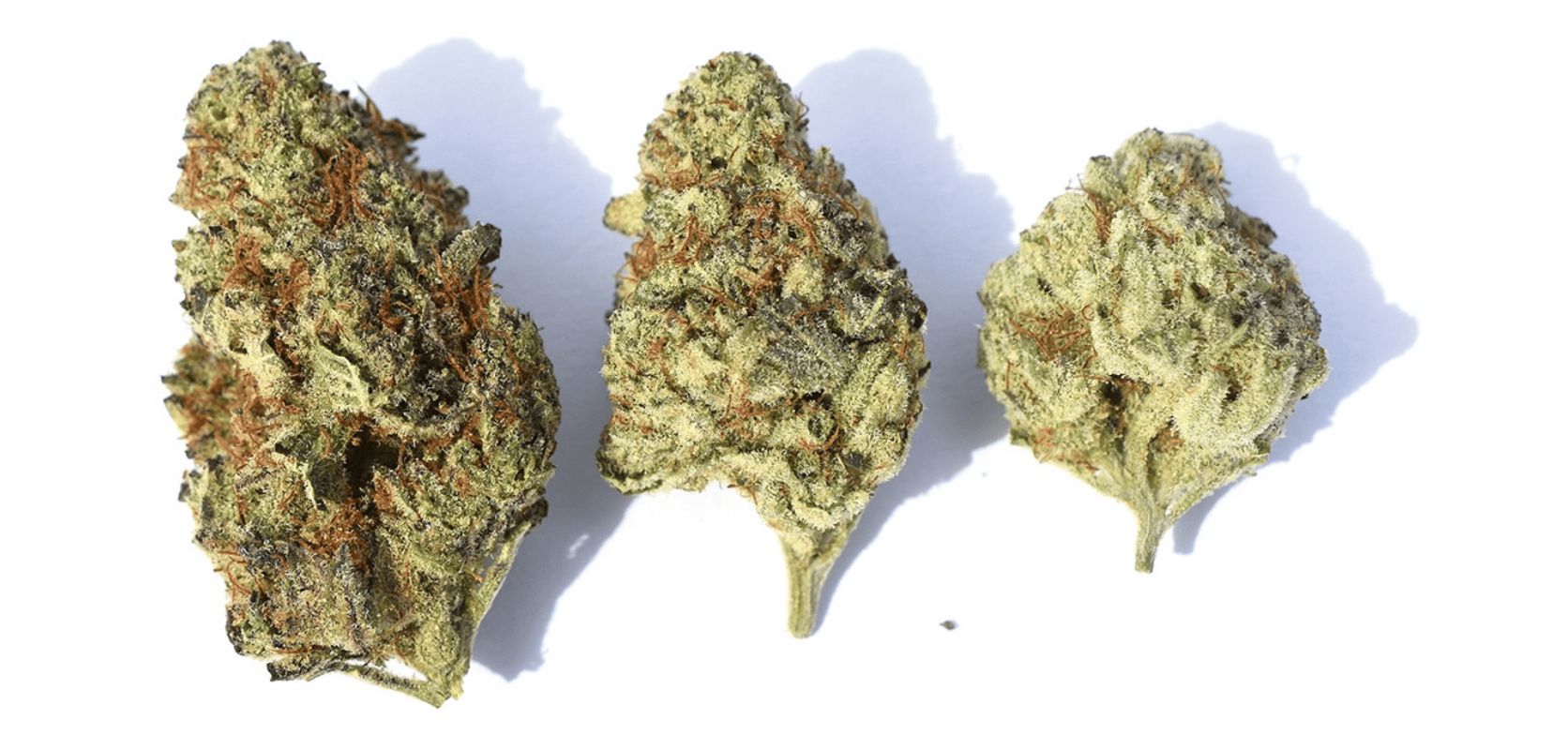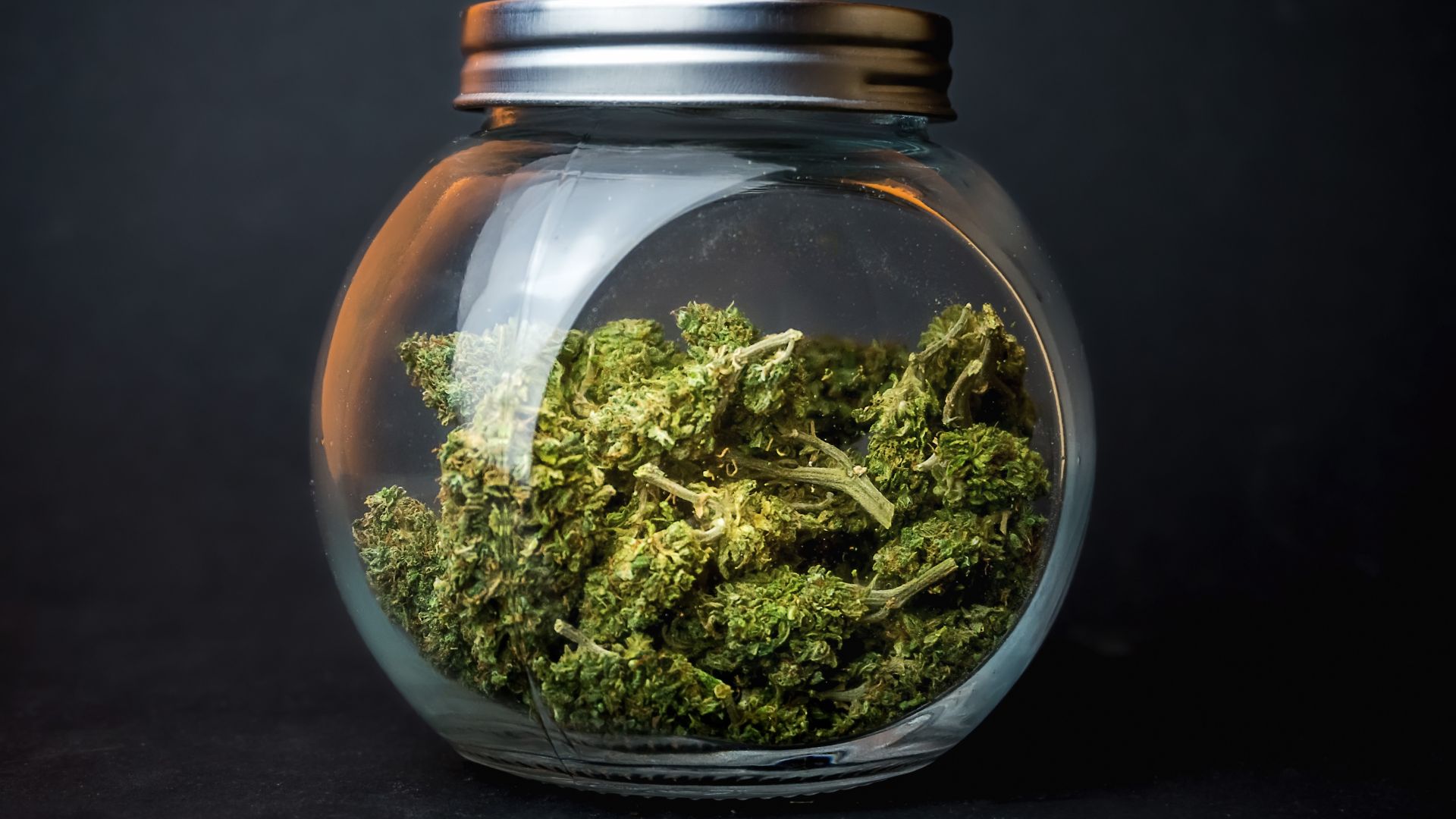News
Unpacking the Connection Between Cannabis and Psychosis
Cannabis, long celebrated for its medicinal and recreational uses, also has a darker side that is crucial to explore: its potential link to psychosis. As legalization spreads and the substance becomes more widely accepted, understanding the complexities of cannabis’s impact on mental health is more important than ever. This article delves into the intricate relationship between Cannabis and Psychosis, providing a nuanced perspective that transcends simplistic viewpoints.
The Biochemical Basis: How Cannabis Affects the Brain

To understand the link between cannabis and psychosis, it’s essential to start with the basics: This article gives an insight into the effects of cannabis in the brain and how our brain comprehends the sensations from the plant. Evidently, the principal psychoactive part in marijuana is THC (tetrahydrocannabinol) which targets the CB receptors in the brain especially the endocannabinoid system. This system is very important as it operates in physiological processes in the body that control mood, thinking process, and even feelings. THC’s effects are capable of causing temporary or even permanent psychological changes in selected individuals that are dangerously connected to psychosis.
Risk Factors: Who Is Most Vulnerable to Cannabis and Psychosis?
It should also be noted that not all people who consume cannabis are likely to develop psychosis, but there are some specific preconditions with which a person is more likely to experience it. Genetics have a lot to do with the matters; those who have a family history of psychotic disorders are considered at-risk. Also, it is important to note that the first time one starts taking cannabis especially when they are teenagers, the more they are likely to develop psychotic like symptoms. As part of this section, the author will discuss following risk factors with the help of a literature review of relevant research articles available with the author and some additional research.
The Role of Potency: Does Stronger Cannabis Mean Higher Risk?
In recent years there have been significant phenomena of the increase in the strength of the production of marijuana, and now modern varieties contain three times more THC than, for example, those of the seventies. With an increase in potency has been a growing concern on whether the increase in density of cannabis affects the rate of psychosis. This will enable us to review the rationale behind this hypothesis and analyse the consequences for citizens and policy-makers in the two countries respectively.
Cannabis and Psychosis: Temporary vs. Long-Term Effects

Cannabis-induced psychosis can manifest in two primary forms: the symptoms which can be related to temporary situational factors due to acute intoxication and the changes in behavior which can indicate the development of chronic hallucinosis, psychotic disorder. In most cases, temporary psychosis clears up as soon as the THC metabolites begin to leave the System; however, some turn out to be the first indicators of schizophrenia. This section will distinguish these outcomes and the details emphasizing which factors might shift the course of cannabis-induced psychosis will be provided.
The Intersection of Mental Health Disorders and Cannabis Use
Thus, while cannabis can help to relieve many symptoms and alleviate the side-effects of other medications, the effect of cannabis on mental health is quite complex for individuals who have certain conditions. Even though some people self-administer the substance to deal with a specific illness, they might end up worsening the condition they are suffering From cannabis dependence and mental disorders have an intricate relationship that sometimes works in a circular fashion. Body: This section of the proposed article will present the case studies and research results that will shed light on the complex connection between cannabis consumption and different mental health disorders such as anxiety or bipolar disorder.
Preventive Measures and Harm Reduction Strategies for Cannabis and Psychosis
With so many side effects that are attributed to cannabis use, not only to normal citizens but also to vulnerable persons, it is high time to contemplate on ways and measures which can help in prevention of the same and reduction of the harms. BrowseByCategory and Others: There are some measures that can help reduce the dangers; including public awareness campaigns, programs designed for initial confrontation, and changes in the law regulating cannabis strength and availability. This section will explain the measures that people, organizations and agencies, members of the society and the government can take in order to minimize the cases of cannabis related psychosis.
Looking Forward: Future Research and Public Health Implications

This kind of research and identification of the correlation between cannabis use and psychosis require developing new strategies and reconsidering the existing approaches to studying the effects of the substance as well as the measures and policies aimed at preventing people from using it. There are still some limitations in the current studies that future studies would have to consider, especially the consequences of cannabis consumption, as well as the relationship between it and mental disorders in the long-run and the processes that are involved. This final section will review the avenues for future research and the relevance of the current discussion in the context of public health, reflecting on the necessity of approach balance in regard to cannabis regulation.
Cannabis and Psychosis in a Mainstream Context
Therefore, to use the link between cannabis and psychosis it is necessary to examine the biochemical plus genetic plus social values. This interaction cannot, therefore, be explained by simple post-trauma models involving simple cause-and-effect relationship but a matrix of factors which should be considered as a package.
Sub-chemically, interference by the cannabinoids found in cannabis with the brain’s endocannabinoid system links importance. This interaction can be changed and it can thereby alter neurotransmitter systems and this can have an impact on ones mental health. Other factors also come into consideration here, and one of them is genetic factors because not everyone becomes psychotic when he/she takes cannabis.
, legal, cultural and availability also plays a huge role in this dynamic of cannabis, its legal status, and culture of its usage. With cannabis steadily being accepted into society it becomes so vital to factor in these various aspects at one time.
Ongoing research is essential. Ongoing research in the field will aid in the determination of subtle and complex ways in which cannabis impacts mental health and assist the society in the use of the plant. Public health developers also have to take note of this new knowledge base and ensure that the use of marijuana is sensible and safe.
Thus, smoking the green herb or applying its derived products have their advantages and pitfalls which should be taken with appreciation and precautions respectively. The blending of biochemical, genetic, and societal approaches will allow for more effective recognition and assessment of the effects of cannabis on psychosis and the mental health status of people as a whole. Such a broad perception will go a long way in policy formulation to advance public health and along with it the advantages of cannabis use would be maximized with minimal drawbacks.


